I have quite a complicated situation here. I can't find a better way to solve this without putting a SELECT query inside a loop that rolls over 70000 times when I enter that page (don't worry, I use array_chunk to split the array into pages). I guess this would be a resource killer if I use a query here. Because of this, here I am, asking a question.
I have this big array I need to loop on:
$images = scandir($imgit_root_path . '/' . IMAGES_PATH);
$indexhtm = array_search('index.htm', $images);
unset($images[0], $images[1], $images[$indexhtm]);
Now I have an array with all file names of the files (images) in my IMAGES_PATH. Now the problem comes here:
Some of these images are registered on the database, because registered users have their images listed on my database. Now I need to retrieve the user_id based on the image name that the array above gives me.
Inside a loop I simply did this:
foreach ($images as $image_name)
{
$query = $db->prepare('SELECT user_id FROM imgit_images WHERE image_name = :name');
$query->bindValue(':name', $image_name, PDO::PARAM_STR);
$query->execute();
$row = $query->fetch(PDO::FETCH_ASSOC);
$user_id = $row['user_id'];
echo $user_id;
}
This works just fine, but the efficiency equals to 0. Using that user_id I plan on getting other stuff from the imgit_users table, such as username, which would require another query inside that loop.
This is too much and I need a simpler way to deal with this.
Is there a way to get those user_ids before going inside the loop and use them IN the loop?
This is the table structure from imgit_images:

While this is the schema for imgit_users:
